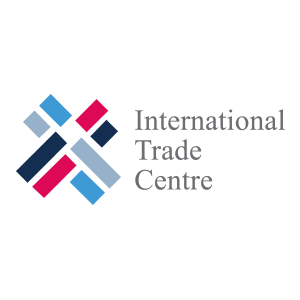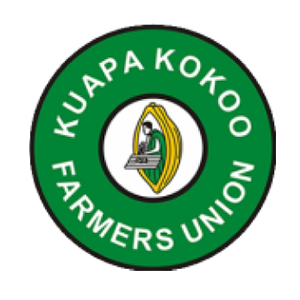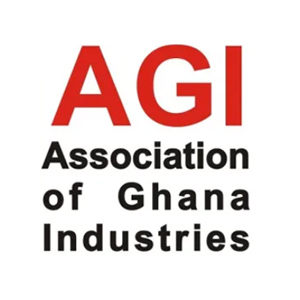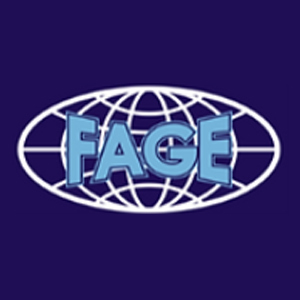A pilot phase with 15 lead farmers was started in April 2016 testing the acceptance of non burning techniques and the dynamic agroforestry approach in the Goaso and Sancore region. The experiences achieved during the pilot phase faciltate considerably the design and upscaling within the scope of a broader Project.
Up from 2019 a bigger Project is starting for CO2 insettings of COOP, thus about 450 ha of cocoa has to be replanted applying the principles of dynamic agroforestry.
The Sankofa project promotes more diverse cocoa production systems to improve farmers’ livelihoods. The project helps to enrich the soil, diversify crops, increase food security and halt and reverse deforestation in the area. As well as bringing many benefits for the farmers this holistic project effectively addresses climate change by increasing carbon sequestration at the farms! Finally, a key element in the success of the project is building a sustainable supply chain, from the farmer to the shop floor.

The Council for Scientific and Industrial Research (CSIR) was established by NLC Decree 293 of October 10, 1968 amended by NLCD 329 of 1969, and re-established in its present form by CSIR Act 521 on November 26, 1996. The genesis of the Council however, dates back to the erstwhile National Research Council (NRC), which was established by government in August 1958 to organize and coordinate scientific research in Ghana. In 1963, the NRC merged with the former Ghana Academy of Sciences, a statutory learned society. Following a review in 1966, the Academy was reconstituted into, essentially, its original component bodies, namely a national research organization redesignated the CSIR and a learned Society, designated the Ghana Academy of Arts and Sciences.

The Fairtrade certification initiative was created to form a new method for economic trade. This method takes an ethical standpoint, and considers the producers first.

The Government of Ghana was created as a parliamentary democracy, followed by alternating military and civilian governments. In January 1993, military government gave way to the Fourth Republic after presidential and parliamentary elections in late 1992. The 1992 constitution divides powers among a president, parliament, cabinet, council of state, and an independent judiciary. The government is elected by universal suffrage.

The International Trade Centre (ITC) (French: Centre du commerce international (CCI)) is a multilateral agency which has a joint mandate with the World Trade Organization (WTO) and the United Nations (UN) through the United Nations Conference on Trade and Development (UNCTAD).

Kuapa Kokoo was formed in 1993 after the structural adjustment programme (SAPs) of Ghana led to the partial liberalization of the internal trading of cocoa. Led by Nana Frimpong Abebrese and with support from NGOs like TWIN, SNV, Christian Aid; Kuapa Kokoo Limited was established to participate in the internal trading of cocoa.

Chocolats Halba is the Swiss premium manufacturer of chocolate specialities for retail and industry. To us, chocolate is more than just mixing together raw ingredients. Chocolate is our passion, an attitude, and a commitment to remain true to authenticity.
As a globally active company, we want to create added value for our customers, partners and employees. At the same time, we are concerned that our activities also benefit the environment and society as a whole.
We received the Swiss Ethics Award in 2018 for our commitment to sustainability.

The Association of Ghana Industries (AGI) is a voluntary business association of over 1200 members, made up of small, medium and large scale manufacturing and services industries in agro-processing (food and beverages), agri-business, pharmaceuticals, electronics and electrical, telecommunications, information technology, utilities, service industries, transport, construction, textiles, garments and leather, banking and advertising.
As the leading voice of manufacturing industries in the country, AGI is dedicated to:
Advocating policies that advance the growth and development of industries;
Facilitating international trade through exhibition of member products in countries across the sub-region;
Strengthening national industry associations through the sharing of knowledge, experience and critical information;
Providing members with a vast network of contacts, especially in the West African sub-region;
Hosting the industry and technology exhibition to promote members’ goods.

The Federation of Associations of Ghanaian Exporters (FAGE) was formed on the 15 April 1992, to respond to the long Felt need for a unified, strong and credible organisation to serve as an advocate of the private sector in exports. The formation of FAGE was also viewed as a means to addressing problems and weaknesses affecting exports development at the firm level.
The establishment of FAGE resulted from the efforts of several export product associations with the assistance of the United States Agency for International Development (USAID), and the Government of Ghana (GOG) acting through the Ministry of Finance (MOF). Ministry of Trade and Industry (MOTI) and the Ghana Export Promotion Authority (GEPA). The Federation, which is registered under the company’s code of Ghana. (Act 179, 1963) operates as a not-for-profit organisation. FAGE’s mandate is to support the growth of the private sector in non-traditional export (NTE’s) through the provision of a portfolio of business solutions.

NDF was born out of the long presence of the World Wide Fund for Nature (WWF) in Ghana and across the West African region. The WWF West Africa Regional Office was based in Abidjan since the mid-70s until the civil war in Côte d’Ivoire forced WWF to relocate its office to Ghana in 2005.
Since 2009 the WWF team in Accra has focused on forest and trade related activities as a part of the WWF International Global Forest & Trade Network (GFTN) programme. In the past decade the team has built up a set of global expertise and has successfully worked closely with governments, communities and leading companies within and outside the region.